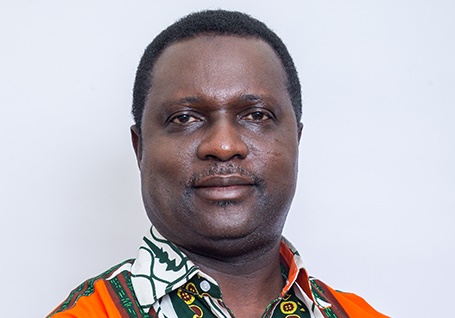Mentoring is simply considered a learning process where reciprocal relationships are engineered with a specific emphasis on achievements and emotional support.
Within mentoring relationships, mentees develop and learn through conversations with more experienced mentors who share knowledge and skills that can be incorporated into their thinking and practice.
In recent times, individuals do perceive the mentoring process as somewhat mysterious with no justifiable correlation with success.
They believe that such relationships are bound to happen, and “chemistry” had to be present. They further argue that success is at large with every individual deemed fit to be successful without a mentor or Godfather.
Although such arguments can be true, getting a great mentor or life coach can equally direct your path to success.
From an evidence-based perspective, research has consistently concluded that mentored individuals are more accomplished and resolute to their professions than non-mentored individuals.
Additionally, mentored individuals often earn higher performance evaluations and speedier career progress than non-mentored individuals.
With a successful mentor-mentee relationship, mentors derive gratification from assisting mentees by developing staunch individuals rejuvenated in their career development for the next generation of leaders. In recognizing the influence of a mentor to a mentee, who is an effective mentor? What models make of a good mentor?
A mentor-mentee relationship is characterized by consistency and commitment with the anticipation that the mentee’s follow-through practices will yield results.
Therefore, an effective mentor is an approachable, objective, and fair person with compassion and genuineness to unambiguously communicate intricate details in a manner that is understandable by the mentee.
A good mentor is always abreast of the fact that a mentee’s development goes through career development, leadership potential, and soft skills development in some scenarios.
A mentee’s career development is a definitive process that requires a process developed by the mentor. Generally, the mentoring process comprises three models.
The apprentice model, where the mentee observes and learns; the competency model, where the mentor gives the mentee systematic feedback concerning performance and progress; and the reflective model, where the mentor helps the mentee become a reflective practitioner.
With the reflective model, mentoring is seen as an intentional, nurturing, and insightful process that provides a powerful growth experience for both the mentor and mentee.
As education is considered a substratum to mentorship, a good mentor is seen as one that inculcates all the three models in offering a mentorship program.
With an objective gaze at Ghana’s education ministry, research has consistently shown that education has a significant impact on all sectors of an economy.
Taking a clue from research findings, it is obvious that education is the backbone of every successful economy.
Objectively, the success of every country depends on the amount of investment in educating the young generation.
Thus, education is a central determinant of people’s life balances, and it predominantly affects the assimilation of the young generation into leadership roles.
Research has shown that diverse kinds and levels of education of the young generation imply varied leadership roles, thereby contributing to the transition from unemployment to more stable employment opportunities.
There is this commonness that through education, people acquire knowledge and abilities that are useful for personal and national development.
However, this is not achievable without effective and implementable policies.
Based on the aforementioned assessment of education on the economy, individuals who contribute their quota in implementing policies to help build Ghana’s educational settings, particularly the pre-tertiary education should be monumentally celebrated.
Therefore, this article hinges on a mentor and an educationist revamping pre-tertiary education with effective and implementable policies for Ghana’s sustainable development.
The renowned educationist served as the former chief executive officer and the founder of new designs charter schools.
Through his college preparatory focus, new designs charter schools’ minimum graduation requirements exceeded California’s A-G requirements, which set the criteria for acceptance into four-year universities.
Moreover, with his dedication and leadership capabilities, one hundred percent of new designs high school graduates met the A-G requirement, thereby boosting the school’s four -year university college acceptance rate to not less than 95 percent.
He also participated in accreditation visits to high schools through the western association of schools and colleges and has served as an accreditation committee chair on several occasions.
He was a member of a task force established by the national research center for career and technical education to develop a national model for career and technical education at the high school and college levels.
He has been invited as a keynote speaker on curriculum reforms on several occasions. In 2019, he was voted the best performing deputy minister of education by ASEPA and Faks investigative services.
Together with the education minister, their aim has always been to transform the current system of education by remedying the gap between the rich and the poor in terms of quality education.
They firmly believe that educating the Ghanaian child will ensure the economic empowerment of the populace.
Indeed, a renowned educationist is assisting in setting the pace to revamp Ghana’s education landscape to a sustainable apex.
As witnesses to his all-inclusive mentorship program and his leadership style, the youth of Ghana has a renowned educationist and a mentor worth celebrating.
His name is Dr. Yaw Osei Adutwum, the current deputy education minister in charge of basic and secondary education, and the founder and former chief executive officer of new designs charter schools.
Thank you for the endless mentorship and career development advice to young professionals like us.
Authors:
Bismark AMEYAW: energy economist, data scientist, and policy analyst
Eugene ABROKWAH: HR expert, business analyst, and consultant










